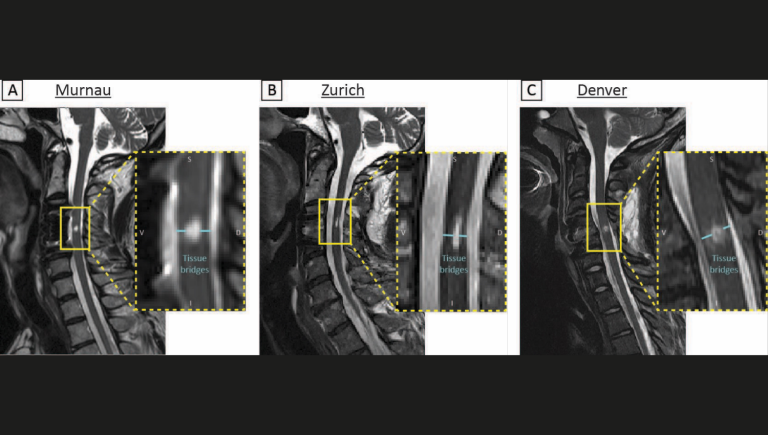Single MRI Scans Predict Aging Rate, Disease Risk
Dr. Mei Lin ChenNew research shows a single MRI can predict your aging rate and disease risk.

A new study reveals that a single MRI scan can accurately predict a person's biological aging rate and their risk of developing age-related diseases. This innovative approach, published in *Nature Aging*, uses machine learning to analyze brain MRI data, offering insights into an individual's overall health trajectory.
This tool could revolutionize how we predict and prevent chronic diseases, providing a non-invasive method to assess aging.
Highlights
- A single brain MRI can predict a person's aging rate.
- The new tool can forecast the risk of dementia and other age-related diseases.
- The method uses machine learning to analyze brain structure from MRI scans.
Read More: Xbox to be like Office: Everywhere, says Nadella
Top 5 Key Insights
• Brain MRI as an Aging Biomarker: A single MRI scan can serve as a reliable indicator of a person's overall aging rate, reflecting the health of various bodily systems. This approach allows scientists to measure how fast a person is aging biologically using a non-invasive method.
• DunedinPACNI Model: Researchers developed a model called DunedinPACNI (Dunedin Pace of Aging Calculated from Neuroimaging) that analyzes brain MRI data to estimate an individual's aging pace. The model assesses brain structure, including volume, thickness, and the ratio of white to gray matter, to predict future health risks.
• Predictive Accuracy for Age-Related Diseases: The DunedinPACNI model can predict the risk of cognitive impairment, dementia, heart disease, physical frailty, and early death. By identifying individuals at higher risk, this tool enables proactive interventions and lifestyle adjustments to mitigate these risks.
• Comparison with Epigenetic Clocks: The new MRI-based aging measure, DunedinPACNI, shows similar results to existing epigenetic clocks like DunedinPACE, which uses DNA methylation data. DunedinPACNI offers a valuable alternative for studies lacking epigenetic data, expanding the scope of aging research.
• Broad Applicability Across Diverse Populations: The DunedinPACNI model has been validated across multiple datasets, including the UK Biobank, Alzheimer's Disease Neuroimaging Initiative (ADNI), and BrainLat, demonstrating its generalizability. This validation confirms the tool's reliability and applicability across diverse demographic groups and datasets.
Read More: Jessica Alba's Net Worth: Acting, Business & Real Estate
Expert Insights
Ahmad Hariri, Professor of Psychology and Neuroscience at Duke University: "Our paper presents a new way of measuring how fast a person is aging at any given moment using the information available in a single brain MRI. Faster aging increases our risk for many diseases including diabetes, heart disease, stroke, and dementia".
Dr. Dan Henderson, Primary Care Physician at Brigham and Women's Hospital and Instructor of Medicine at Harvard Medical School: "The fact that it worked well with the BrainLat data is a big win for the investigators because it supports the generalizability of the model. It would still be worth looking at other data sets where genetic and other factors might be different in important ways".
Read More: AI Search Engines Favor Less Popular Sources: Study
Wrap Up
This breakthrough offers a significant advancement in understanding and predicting the aging process. By leveraging a single MRI scan, scientists can now provide individuals with valuable insights into their future health risks.
This knowledge empowers people to make informed decisions about their lifestyle and healthcare, potentially slowing down the aging process and preventing the onset of chronic diseases.
Read More: Trump's $80B Nuclear Reactor Plan Fuels AI Ambitions
Author
Dr. Mei Lin Chen - A dedicated science communicator and research analyst based in Singapore, with a background in biomedical science. She translates complex scientific findings into accessible insights on breakthroughs and their future implications for Enlightnr.
More to Explore
- Choosing a selection results in a full page refresh.
- Opens in a new window.




